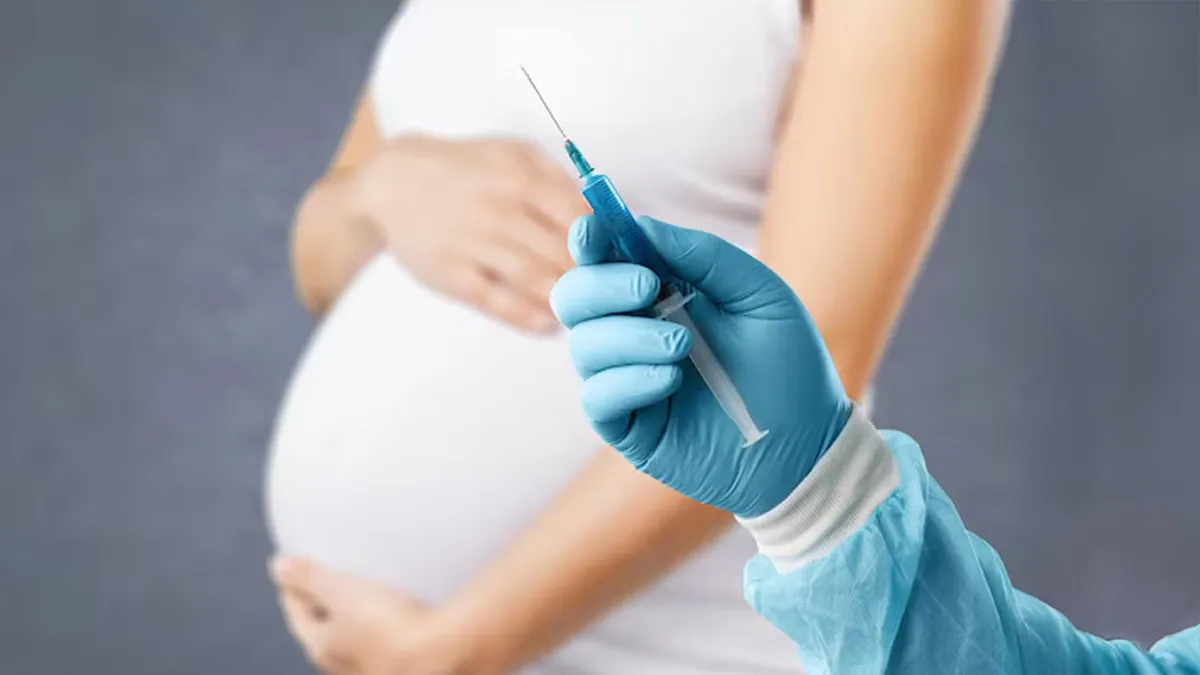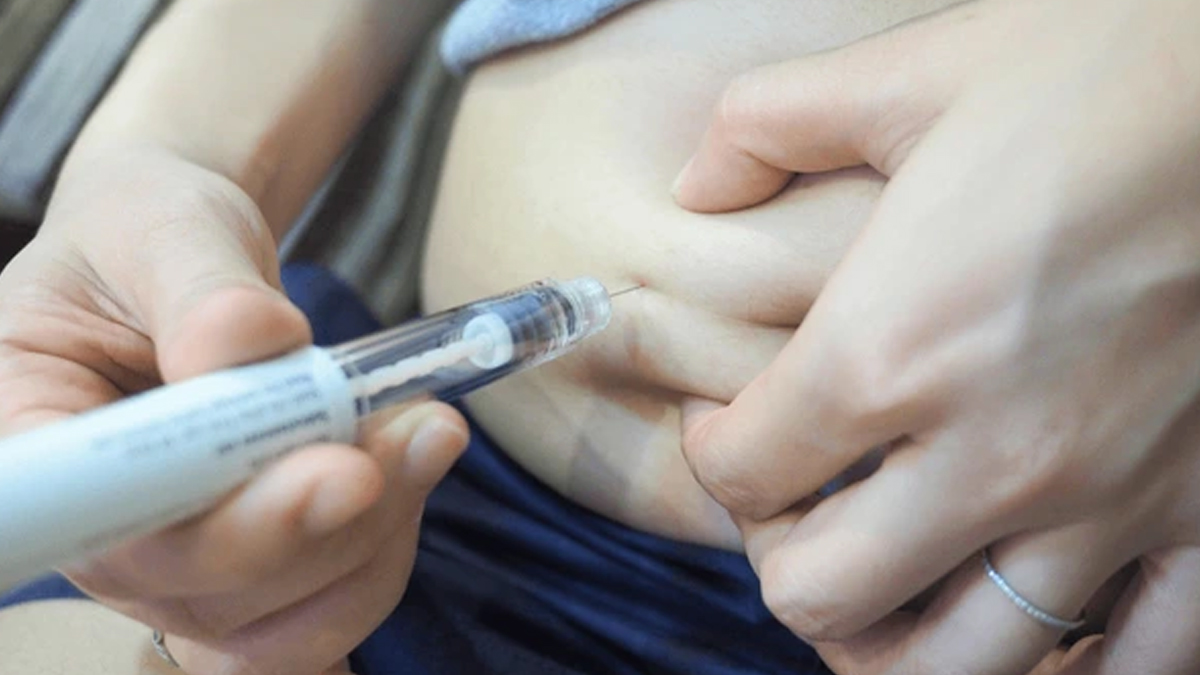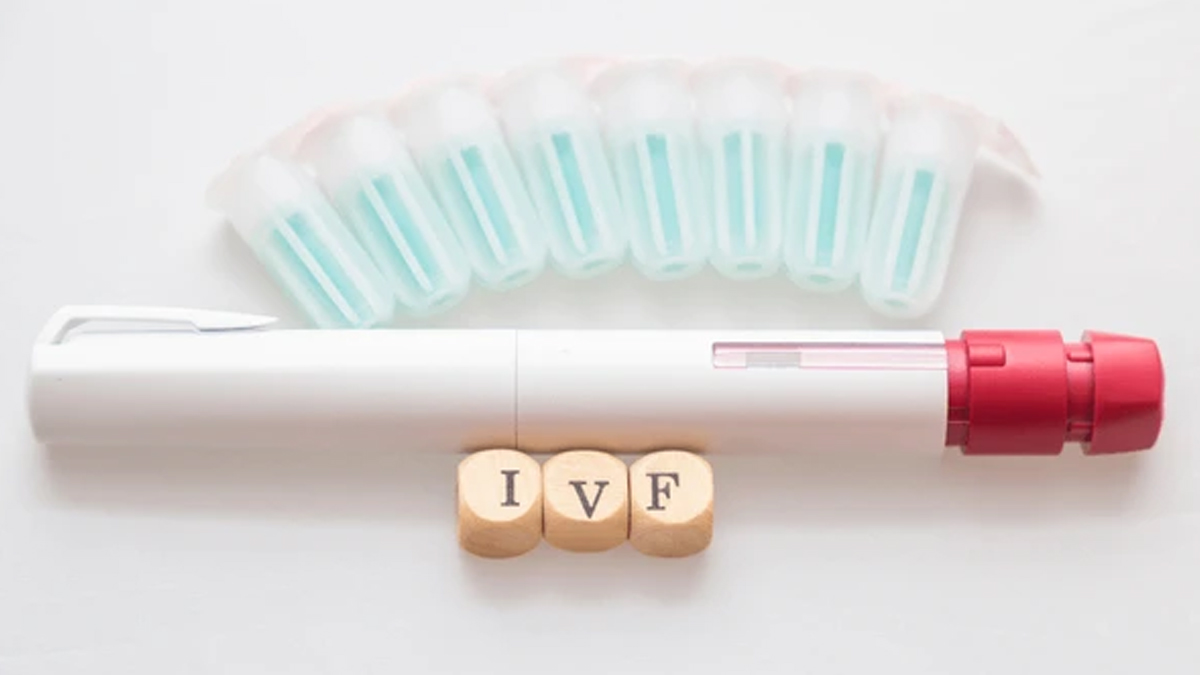
Beginning the journey of In Vitro Fertilisation (IVF) is a significant step, filled with hope, and, for many, a bit of anxiety. While the idea of routine injections can seem daunting, it's a vital part of the process. Injections play a crucial role in preparing your body for the incredible journey of creating life. Understanding what these injections are for and how to manage them can transform a stressful part of the process into a manageable and empowering one.
Table of Content:-
According to StatPearls, IVF is now commonly used to treat infertility resulting from various factors, such as endometriosis, male infertility, and cases with no clear explanation. Those who cannot utilise their own eggs because of primary ovarian insufficiency (POI) or age-related loss of egg numbers can successfully conceive using donor egg IVF.
“Although the thought of routine injections can feel intimidating, understanding their purpose can make the IVF journey more manageable,” said Dr Vareesh Kumar, IVF Specialist, Founder and Managing Director, Vardaan IVF Hospital. “The IVF injection schedule generally begins as early as day 2 or 3 of the menstrual cycle,” he added.
IVF injections can be given by a nurse, the partner or self-administered by the patient. Fertility clinics often provide training and injection kits, which typically include syringes, needles, and alcohol swabs.
Types of Injections Used in IVF
To prepare a body for egg retrieval and implantation, a series of hormonal injections is given during IVF. There are three primary types of injections in IVF:
1. Stimulation Injections

To make an IVF pregnancy successful, doctors need multiple mature and healthy eggs from the woman. "Stimulation injections are the first set of injections in the IVF cycle. These injections contain natural-like hormones FSH (follicle-stimulating hormone) and LH (luteinising hormone)," said Dr Kumar.
During a normal menstrual cycle, a single egg is produced. However, stimulation injections stimulate the ovaries to produce multiple mature eggs. These injections are typically given daily over the first 8–12 days. The goal with stimulation injections in IVF is to increase the number of lab-ready eggs for retrieval and fertilisation.
Also Read: The Biology Of Sperm Quality In IVF: Why Male Infertility Need No Longer Be A Blockage
2. Ovulation Trigger Shots
After the follicles are of the right size, one single injection called the trigger shot is administered. This injection simulates the body's spontaneous LH surge to accelerate egg maturation and make them retrievable. The trigger shot in IVF is usually given 36 hours before egg retrieval. The most commonly used trigger medications are hCG-based injections," added Dr Kumar. If a patient is at risk for ovarian hyperstimulation syndrome (OHSS), a GnRH agonist may be used as an alternative to suppress estrogen and testosterone production temporarily.
3. Progesterone Support Injections
Progesterone injections after the embryo transfer are taken to thicken and support the uterine lining to become more receptive to being implanted. These injections usually begin in an early pregnancy and continue until pregnancy is confirmed and stabilised.
Progesterone support injections are given to regulate the body’s natural production that may be disrupted due to the IVF protocol. "These medications are usually given for up to 8–10 weeks throughout pregnancy. Progesterone is typically injected either through the muscle (IM) or through the skin (subcutaneously). These are sometimes supplemented with vaginal gels or suppositories by professionals," said Dr Kumar.
Tips for a Smoother IVF Injection Procedure
Expect mild side effects like bloating, bruising, or tenderness. If that happens, communicate with your IVF care team. To manage IVF injections more comfortably:

- Use a calendar or app for reminders.
- Rotate injection sites and apply ice packs to reduce discomfort.
- Keep all supplies organised and properly stored, including refrigerated medications.
- Involve your partner, join support groups, or talk to a nurse for emotional support.
Also Read: Miscarriage And IVF: Timing And Considerations For Your Next Steps
Bottomline
Dr Kumar concluded, "IVF can be emotionally and physically challenging, especially during the injection phase. Taking time for self-care can ease the stress. Consider taking rest, healthy eating, gentle exercise, and relaxation. Emotional well-being is just as important. Don’t hesitate to seek professional counselling, lean on loved ones like your partner, or join a fertility support group. With proper guidance, partner support, and self-care, the IVF procedure becomes an inspiring aspect of your road to parenthood."
[Disclaimer: This article contains information provided by an expert and is for informational purposes only. Hence, we advise you to consult your professional if you are dealing with any health issue to avoid complications.]
Also watch this video
How we keep this article up to date:
We work with experts and keep a close eye on the latest in health and wellness. Whenever there is a new research or helpful information, we update our articles with accurate and useful advice.
Current Version
Aug 04, 2025 17:14 IST
Published By : Sushmita Sharma
